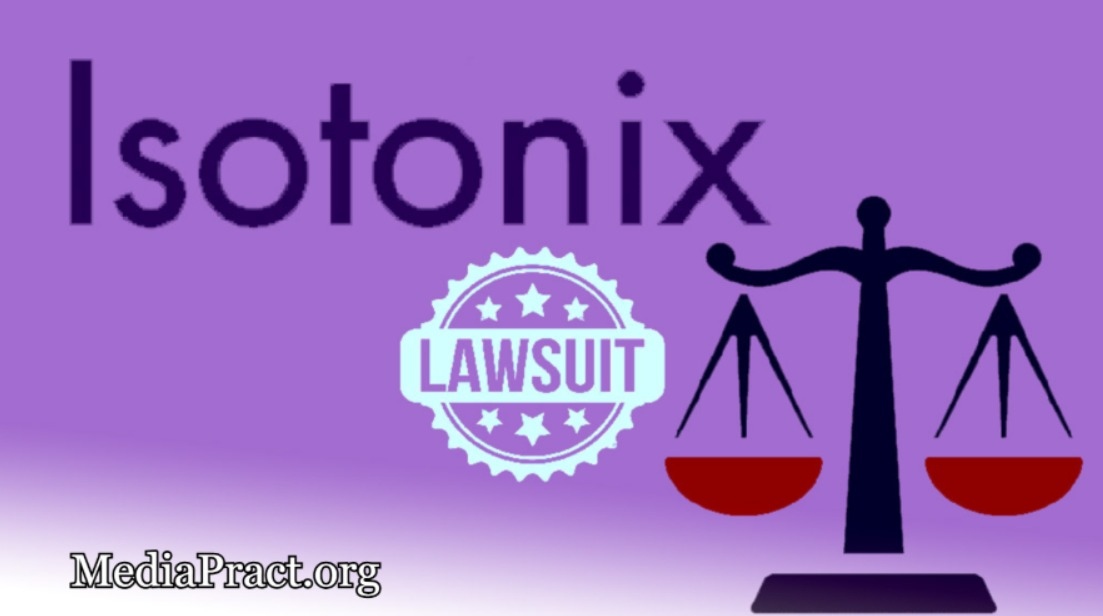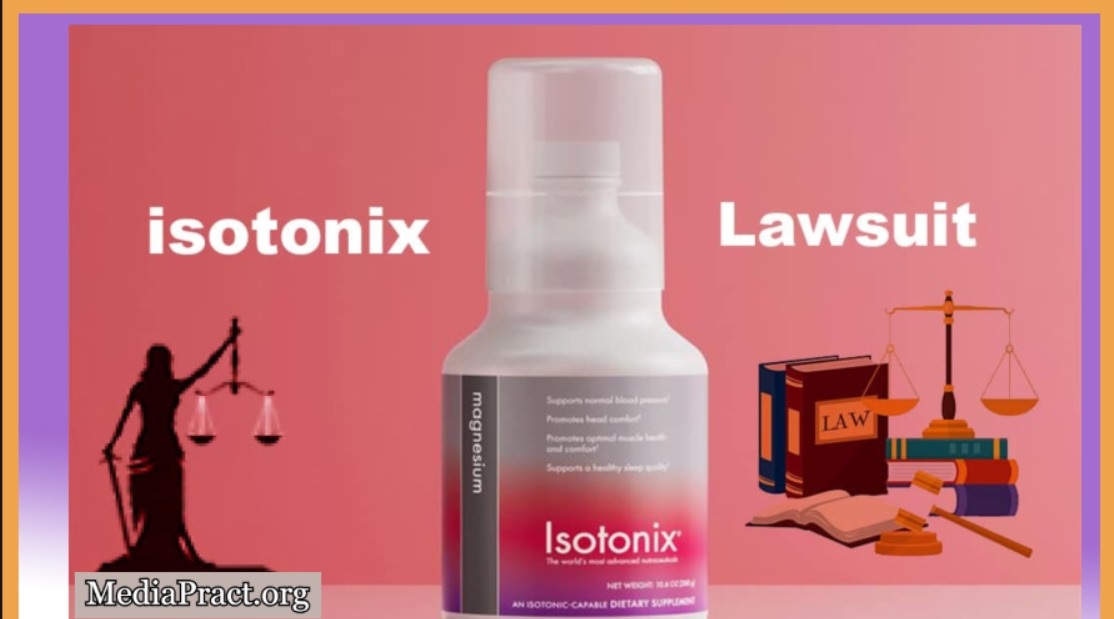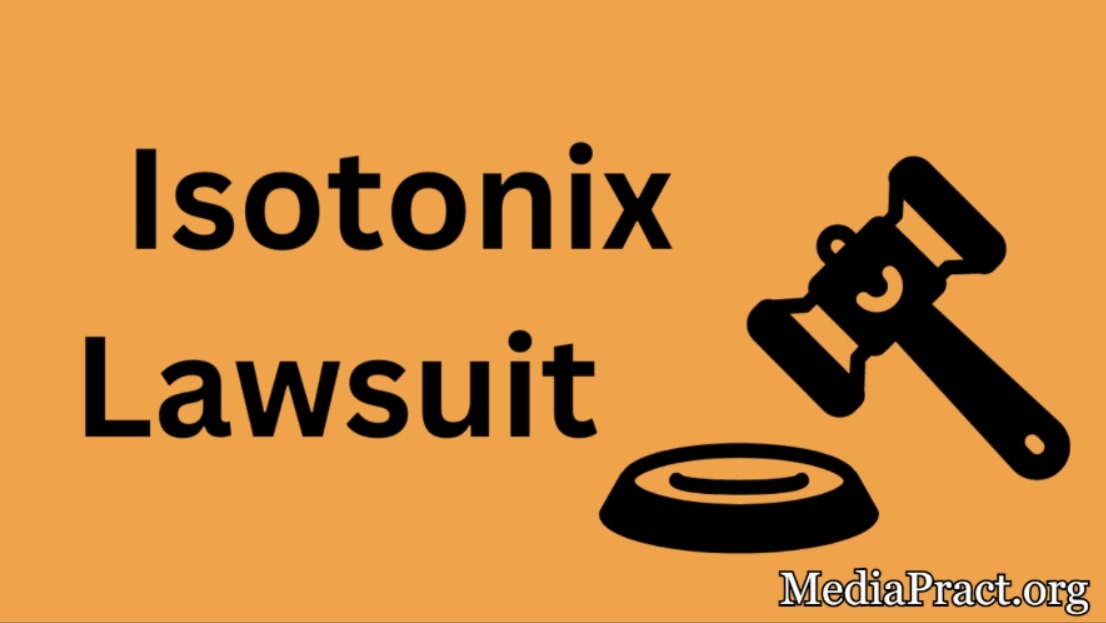Introduction
In recent years, the dietary supplement industry has faced increased scrutiny due to legal challenges and regulatory actions. One notable case involves Isotonix, a line of nutraceuticals produced by Market America. This article delves into the details of the Isotonix lawsuit, examining the allegations, legal proceedings, and the broader implications for the supplement industry.
Background on Isotonix and Market America

Founded in 1992 by James Howard Ridinger and his wife Loren, Market America is a multi-level marketing company headquartered in Greensboro, North Carolina.
The company offers a diverse range of products, including household cleaning supplies, jewelry, personal care items, auto care products, cosmetics, dietary supplements, custom websites, water purifiers, and weight management products.
Among its most prominent offerings is the Isotonix line of dietary supplements, introduced in 1993. These supplements are marketed for their unique delivery system, which purportedly allows for rapid nutrient absorption.
The 2017 Lawsuit: Allegations of a Pyramid Scheme
In 2017, Market America faced a federal lawsuit in which two distributors accused the company of operating an illegal pyramid scheme. The lawsuit alleged that Market America violated the Racketeering Influenced and Corrupt Organizations (RICO) Act and California state law.
Central to the plaintiffs’ claims was the assertion that Market America’s business model primarily benefited those at the top of the distribution chain, leaving the majority of distributors with minimal or no earnings.
The suit highlighted the company’s claim that “the only way to fail under Market America’s business model is to quit,” suggesting that such statements were misleading. Additionally, the lawsuit contended that Market America targeted Chinese-American immigrants, encouraging them to sell products to friends and relatives in Asia.
The plaintiffs characterized Market America’s practices as “racketeering,” emphasizing that while executives touted potential earnings exceeding $560,000, only those at the top echelons realized such profits.
The lawsuit claimed that 90% of sellers did not receive any compensation. In April 2019, the case was transferred to a court in North Carolina and consolidated with another suit, indicating the complexity and breadth of the legal challenges facing the company.
FDA Warning Letter in 2020
Further compounding Market America’s legal troubles, the U.S. Food and Drug Administration (FDA) issued a warning letter to the company on February 12, 2020. The letter detailed several violations related to the labeling and marketing of Isotonix products. Key issues highlighted by the FDA included:
- Mislabeling of Ingredients: The Isotonix Multivitamin and Isotonix Multivitamin with Iron products declared the amount of copper as 100 micrograms (mcg), whereas the correct unit of measurement should have been milligrams (mg). This discrepancy could lead to consumer confusion regarding the actual nutrient content.
- Incorrect Ingredient Nomenclature: The product labels listed “lo han” as an ingredient. However, according to the standardized common names in the reference “Herbs of Commerce,” the correct term is “luo han guo.” Accurate ingredient naming is crucial for consumer awareness and safety.
- Inclusion of Intervening Material: The labels for Isotonix OPC-3, Isotonix Multivitamin, and Isotonix Multivitamin with Iron included statements about proprietary ingredients (e.g., Pycnogenol, Quatrefolic®, SunActive® Fe) within the Supplement Facts panel. Such inclusions are not permitted, as they can detract from the standardized presentation of nutritional information.
- Incorrect Serving Size Declaration: The Isotonix OPC-3 product label suggested varying serving sizes based on body weight but declared a single serving size that did not align with these recommendations. This inconsistency could mislead consumers about the appropriate dosage.
The FDA’s letter underscored the importance of accurate labeling and marketing practices, emphasizing that deviations could lead to products being deemed misbranded under the Federal Food, Drug, and Cosmetic Act.
Consumer Perspectives and Reactions
The controversies surrounding Isotonix and Market America have sparked discussions among consumers and industry observers.
On platforms like Reddit, users have shared varied opinions about Isotonix products and the company’s business model.
For instance, in a thread on the r/vitamins subreddit, a user expressed skepticism about the efficacy and cost of Isotonix supplements, noting that their mother had been purchasing the products for years based on a supplier’s recommendation.
The user questioned the legitimacy of the products and sought alternatives that might offer similar benefits at a lower cost.
Such discussions highlight a broader concern among consumers about the transparency and credibility of supplement companies, especially those operating under multi-level marketing structures.
Implications for the Supplement Industry

The legal challenges faced by Market America and its Isotonix line have broader implications for the dietary supplement industry:
- Regulatory Scrutiny: The FDA’s involvement signifies increased regulatory oversight, emphasizing the necessity for companies to adhere strictly to labeling and marketing standards.
- Consumer Trust: Allegations of misleading business practices and product misrepresentation can erode consumer confidence, prompting individuals to seek products from companies with transparent and ethical operations.
- Industry Practices: The lawsuit and FDA actions may serve as a catalyst for industry-wide introspection, encouraging companies to evaluate and, if necessary, reformulate their business models and marketing strategies to ensure compliance and foster trust.
Conclusion
The Isotonix lawsuit and subsequent FDA warning letter underscore the critical importance of transparency, Accuracy, and ethical practices in the dietary supplement industry. As consumers become more informed and regulatory bodies intensify oversight, companies must prioritize compliance and consumer trust to navigate the evolving landscape successfully.





















+ There are no comments
Add yours